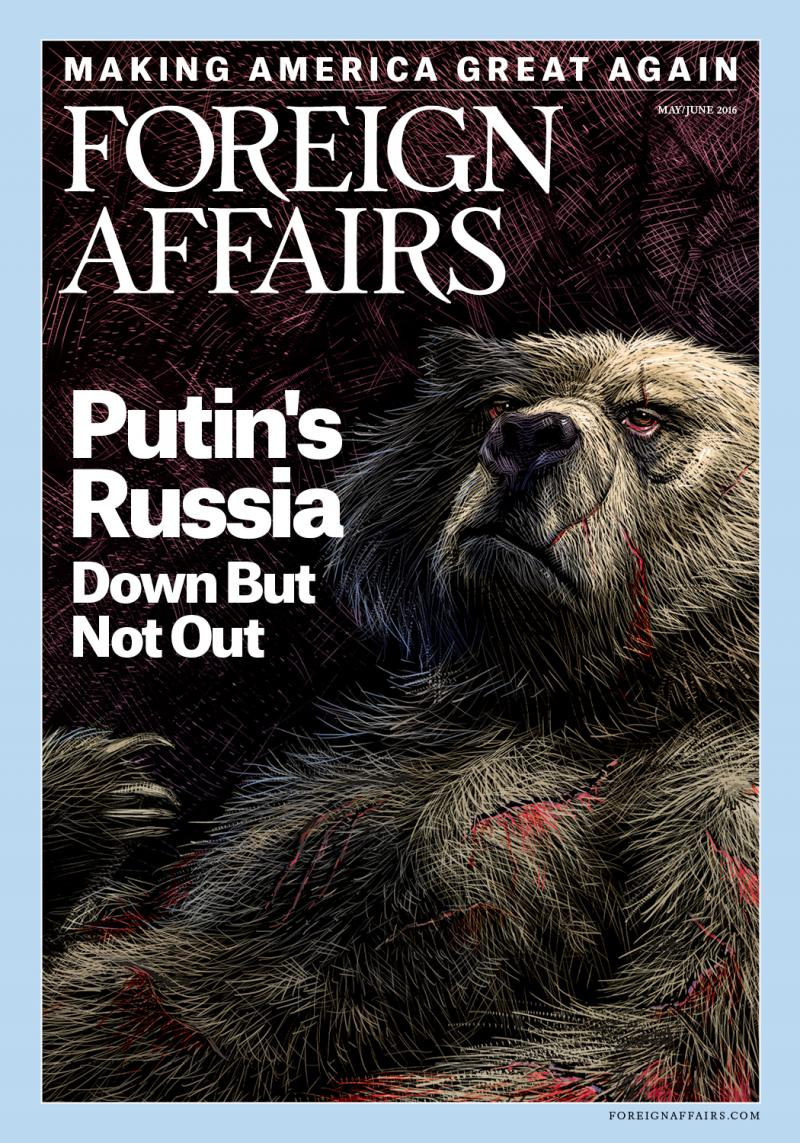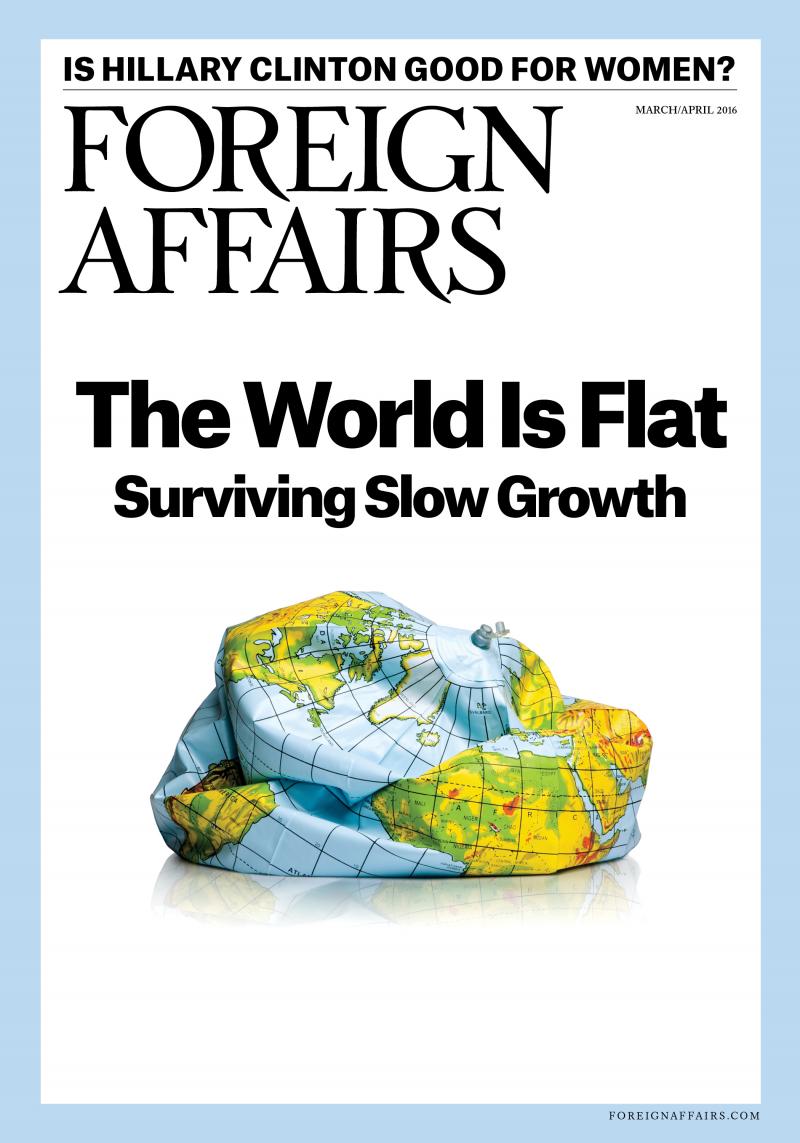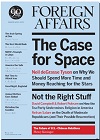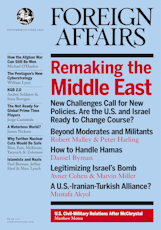The Age of Transparency
The push for ubiquitous surveillance may, oddly enough, result in greater transparency of state practices as the gaps between rhetoric and reality become more visible.
 Courtesy: Foreign Affairs
Courtesy: Foreign Affairs
The push for ubiquitous surveillance may, oddly enough, result in greater transparency of state practices as the gaps between rhetoric and reality become more visible.
 Courtesy: Foreign Affairs
Courtesy: Foreign Affairs
In order to avoid the next economic downturn, bold action needs to be taken by the world's central bankers and policymakers.
 Courtesy: Foreign Affairs
Courtesy: Foreign Affairs
The author explains in detail the functions of the World Bank and how it has evolved over the years. He also argues that while the bank has adapted to shifts in economic influence and the rise of emerging markets, it must become even more innovative and representative.
While carbon capture fitted coal plants are opening all over the world, the global demand for cheap energy is climbing. The initial investment for carbon capture technologies, though, is high, and green technologies are struggling to have an impact on pollution levels.

The rise in food prices have been a catalyst for unrest throughout the Middle East. Laurie Garrett, CFR's senior fellow for global health, explains the impact of this spike and how governments are attempting to resolve the crisis.
 Courtesy:
Courtesy:
The world’s leading international institutions may be outmoded, but Brazil, China, India, and South Africa are not ready to join the helm. Their shaky commitment to democracy, human rights, nuclear nonproliferation, and environmental protection would only weaken the international system’s core values.